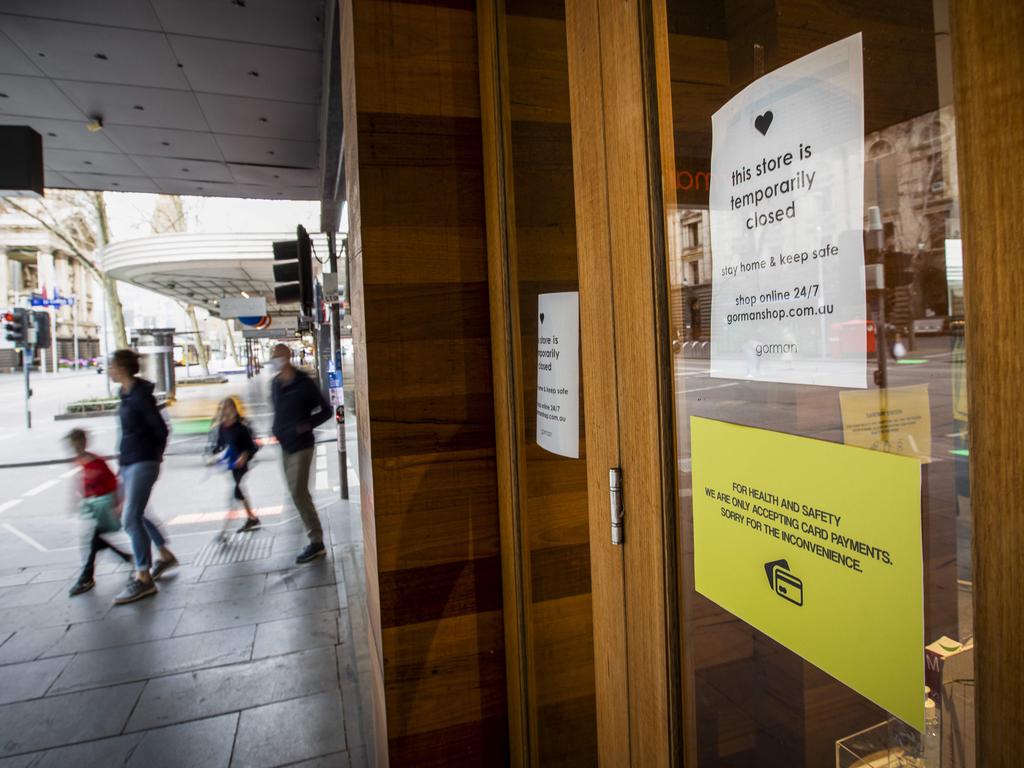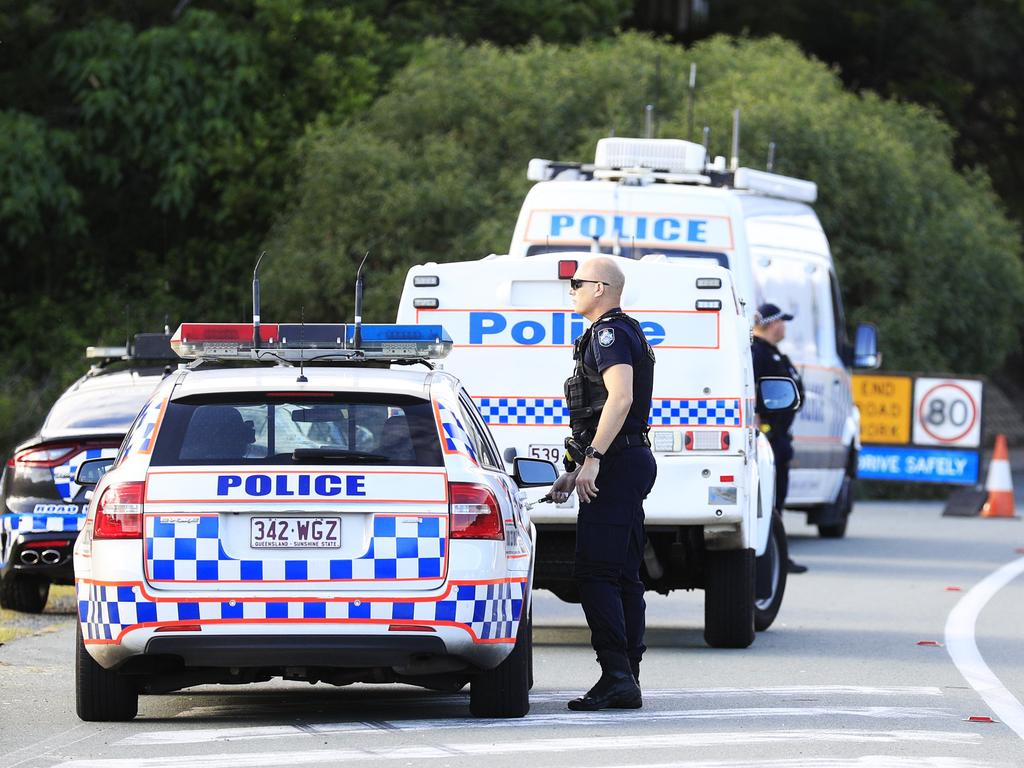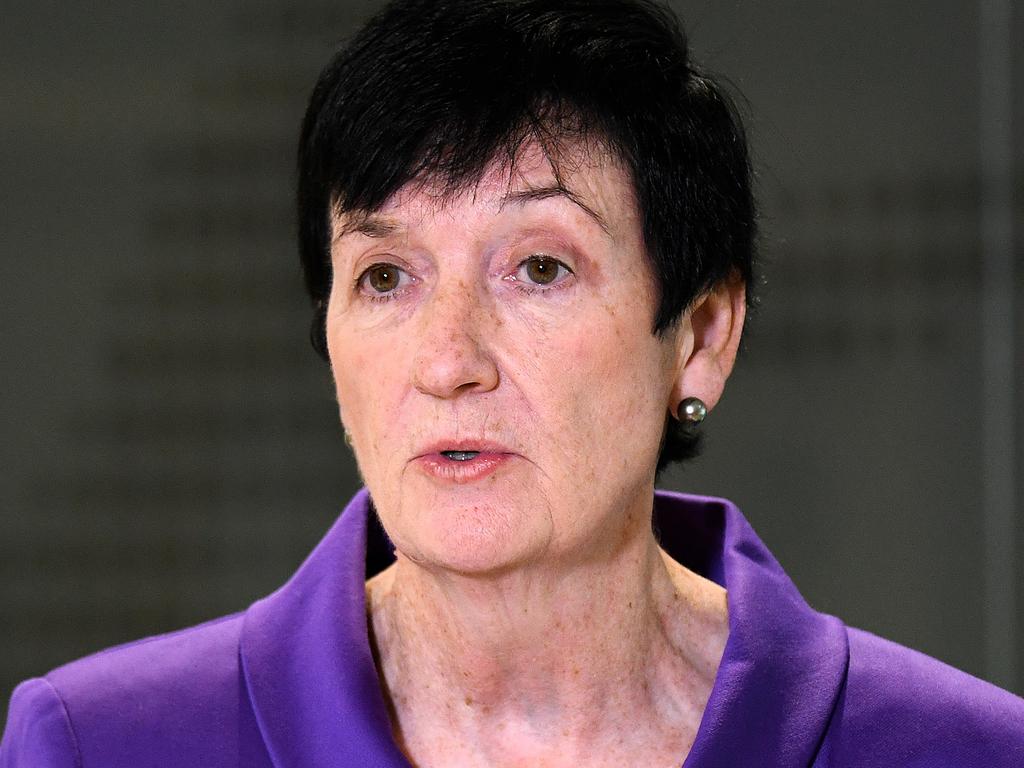Can-do spirit needed to climb out of recession
Behind Wednesday’s bleak figures are signs of hope that things can bounce back as well as hints of opportunity for long overdue productivity-boosting reform. Australia’s gross domestic product fell by 7 per cent in the June quarter, which was worse than market expectations of a 6 per cent decline but better than forecasts in April at the height of the national lockdown. The quarterly downturn is the worst on record and, on an annualised basis, the worst since 1930-31. The biggest falls in state final demand were in NSW (-8.6 per cent) and Victoria (-8.5 per cent), followed by Tasmania (-7.4 per cent), Western Australia (-6 per cent), Queensland (-5.9 per cent), South Australia (-5.8 per cent), the Northern Territory (-4.9 per cent) and ACT (-2.2 per cent). The quarterly figures capture the strict stage-three national economic shutdown that began in late March and extended through April and into May. Economists say it is uncertain whether the slump ended in the June quarter given the current lockdown in Victoria will be a big drag on activity. It is possible that slightly negative growth will extend into the September quarter.
Getting Victoria, which accounts for 25 per cent of the national economy, out of shutdown and back in business is a priority, as is opening all state borders to get business flowing. The view of economists is that the slump is different from past recessions and the Depression in two key ways. Unlike the recessions of the 1970s, 80s and 90s it was not preceded by a boom. Second, monetary and fiscal stimulus has been big and fast. These factors should enable the economy to bounce back faster. The big question, as economics editor Adam Creighton has written, is what happens when all the support payments, underpinned by borrowed money, largely from overseas, start to dry up. We’re technically in a recession, Creighton says, but it won’t feel like one for many months yet. To illustrate, the odd feature of this recession to date is that households overall have enjoyed a 2.2 per cent increase in gross income.
JobKeeper is designed to allow workers shut out by COVID-19 to return to work when restrictions end. But there still will be economic shocks and potentially a generation of workers who will find it difficult to get a firm step on to the career ladder. The full impact on business when emergency protections for directors are removed and rental and loan repayment holidays and other support measures are wound back is difficult to assess. The longer lockdowns and other measures continue, the more difficult the task of recovery will become. As a result, the government is correct to resist politically opportunistic calls for support measures such as JobKeeper to be made more generous or open-ended.
Tom Dusevic writes that in the COVID recession, the headline unemployment rate is expected to peak at about 10 per cent. Women and young people have felt the brunt of job losses and it will take years to get back to where things were pre-crisis in the labour market. This must be the focus of the October 6 budget. The challenge for all levels of government, once Victoria gets over its health issues, is to devise and deliver a plan for national recovery led by jobs. All groups need to rethink how Australia will do business in the future. A full restoration of free borders is a starting point to allow sectors hardest hit by the recession, including tourism, hospitality and education, to begin the long haul back.
If there is a silver lining it could be that the shock provided by Australia’s first recession in almost three decades provides a platform on which to build reform in workplace flexibility and taxation and to boost productivity by harnessing new technologies and the digital economy. All stakeholders need to engage with the economic agenda quickly to get things back to normal. For government, the priority must be how to provide the right conditions for the private sector to generate jobs.






Australia has officially but not unexpectedly plunged into historic recession due to the extraordinary measures taken to combat COVID-19. Paradoxically, the steps by government to boost spending and provide support have clouded the picture of what this recession looks like and how quickly and strongly the economy is likely to emerge from it. Much will depend on whether a can-do spirit of co-operation can be fostered and maintained between the commonwealth and states, political parties, business, employees and stakeholders across the board.